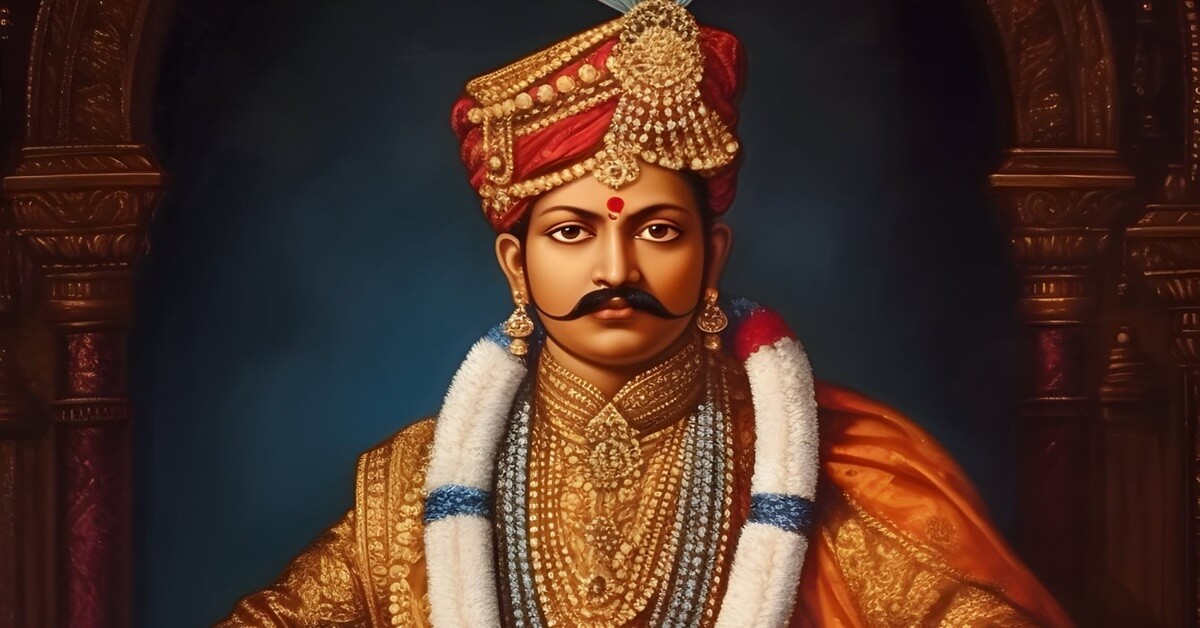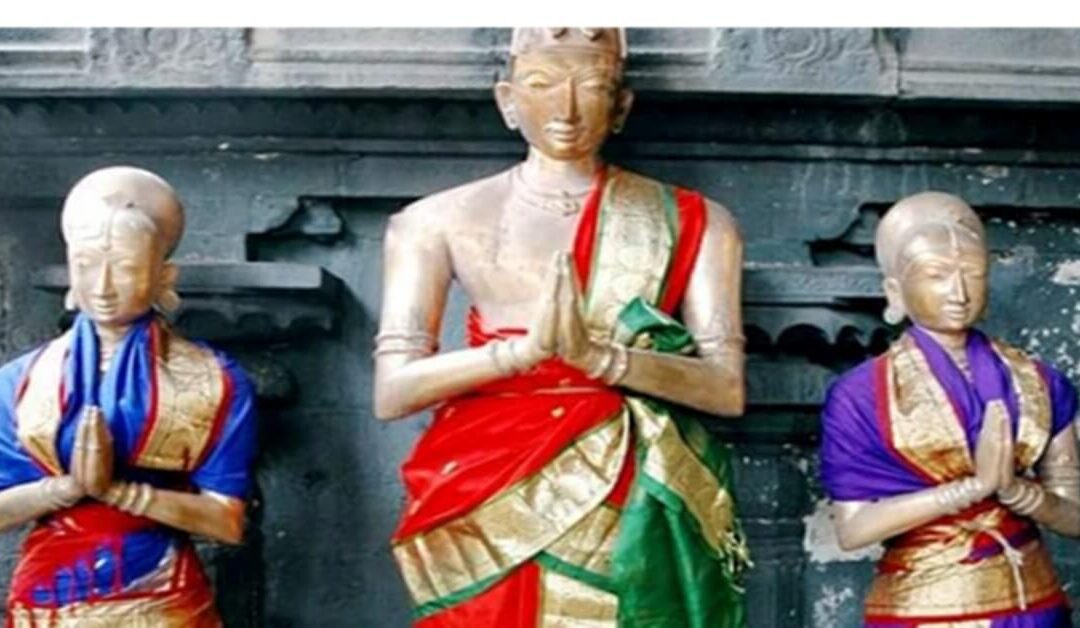The reign of Sri Krishnadevaraya (r. 1509–1529 CE), marked by unparalleled achievements, stands as a crowning era in the history of the Vijayanagar Empire. Known as Kannada Rajya Rama Ramana (Beloved of the Kannada Kingdom), Moorurayaraganda (King of Three Kings), and Andhra Bhoja (Telugu Literary Patron), his legacy remains a beacon of prosperity, military prowess and cultural renaissance.
A Visionary Leader and Empire Builder
Sri Krishnadevaraya expanded the Vijayanagar Empire to unprecedented heights through astute diplomacy and decisive military campaigns. Leveraging a formidable army, he subdued powerful adversaries, including the Gajapatis of Orissa, the Deccan Sultanates, and local feudatories like the Reddys and Velamas.
His diplomatic acumen shone in his dealings with the Portuguese, securing advanced weaponry and Arabian horses while ensuring cordial relations. These strategic alliances bolstered the empire’s military and infrastructural prowess, including the enhancement of water supply systems in the capital, Vijayanagara.

The Golden City of Vijayanagara
A devout follower of Hinduism, Krishnadevaraya transformed Vijayanagara into a sacred and administrative marvel. Lavish wealth from tributes and conquests funded grand architectural projects, including temples and monuments that still inspire awe. His contributions to the Tirumala Venkateswara Temple, where he and his queens offered prayers after victorious campaigns, stand testament to his spiritual devotion.
The Golden Age of Literature
Krishnadevaraya’s reign heralded a cultural renaissance, particularly in Telugu literature. The emperor himself was a scholar, authoring the celebrated Amuktamalyada, a Telugu masterpiece depicting the divine love and longing of Andal for Lord Vishnu.
The court of Krishnadevaraya hosted the Ashtadiggajas—eight literary luminaries likened to the mythical elephants supporting the world. These poets, including Allasani Peddana, Tenali Ramakrishna, and Pingali Surana, produced timeless works that enriched Telugu, Kannada, and Sanskrit literature.
A Benevolent Administrator
Krishnadevaraya exemplified the ideal of a just and compassionate ruler. His administrative policies, outlined in Amuktamalyada, emphasized governance with a focus on dharma (righteousness). Touring his empire annually, he directly addressed public grievances, ensuring law and order. Foreign travelers like Domingo Paes and Barbosa praised him as a ruler of unparalleled justice and vision.
Military Genius and Heroic Conquests
Krishnadevaraya’s military campaigns were legendary. His decisive victory at the fortress of Raichur against Ismail Adil Shah of Bijapur in 1520 CE remains a historical milestone. Leading from the front, he inspired his soldiers with unwavering courage, transforming battles into resounding victories.
Under his command, the empire extended across South India, encompassing modern-day Andhra Pradesh, Karnataka, Tamil Nadu, and beyond.
Legacy of Inclusivity and Devotion
Despite being a staunch Vaishnavite, Krishnadevaraya respected all religious sects, fostering an environment of cultural and spiritual inclusivity. He commissioned statues of himself and his queens at the Tirupati Temple and donated generously to religious institutions, leaving an indelible mark on India’s spiritual heritage.
Enduring Inspiration
Sri Krishnadevaraya’s reign, often hailed as the Golden Era of South India, remains a source of pride and inspiration. His vision, valor, and cultural patronage not only fortified the Vijayanagar Empire but also shaped the artistic and literary heritage of India for generations to come.
The legacy of this “perfect king,” as described by foreign chroniclers, continues to resonate as a symbol of justice, prosperity, and cultural brilliance.

